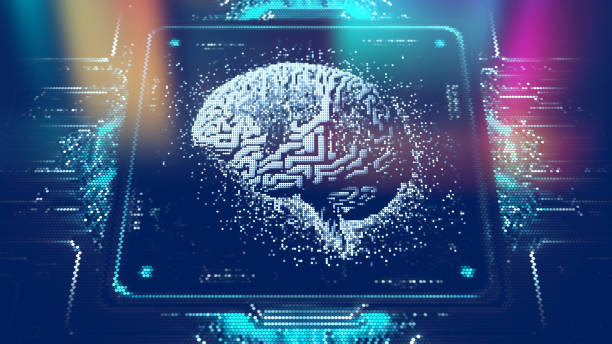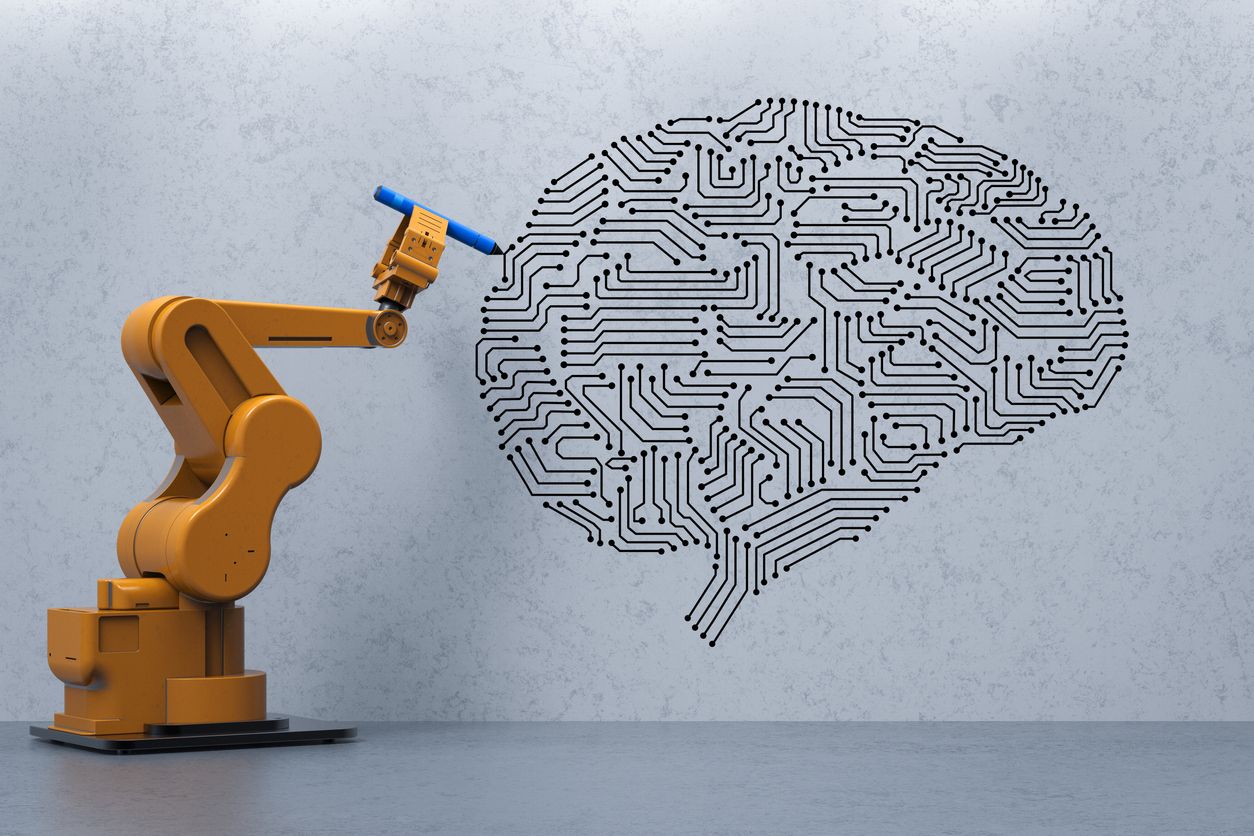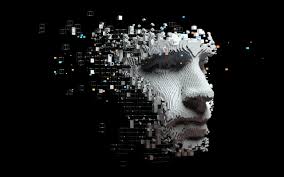It’s no secret that data science and artificial intelligence are two of the most in-demand skills today. But which is better? This question seems like a no-brainer, but it’s not as clear-cut as one might think. That’s because data science and artificial intelligence have their strengths and weaknesses. So which should you choose? Well, that depends on your specific needs and goals. If you want to solve complex problems quickly, then data science is the way. On the other hand, if you want to build a more general AI system that can learn independently, then artificial intelligence is probably better suited for you.
What is data science?
Data science is the study of making data useful for business. It can be broken down into subfields: predictive modelling, machine learning, big data, and data analysis.
Predictive models are used to make predictions about future events or behaviours. Machine learning is a subfield of data science that uses algorithms to improve the performance of predictive models over time. Big data refers to the huge volumes of data increasingly becoming a part of modern society and businesses. Data analysis is the process of turning raw data into information that can be understood and used by business managers.
What is artificial intelligence?
Artificial intelligence (AI) is a field of computer science that deals with creating intelligent agents, which are systems that can Reason and Think. AI is divided into two subfields: data-driven AI and rule-based AI. Data-driven AI relies on large amounts of data to reach conclusions, while rule-based AI relies on predefined rules to make decisions. Some experts believe that data-driven AI will eventually be able to rival human intelligence, while others believe that rule-based AI will be more successful in achieving this goal.
Comparison of Data Science and Artificial Intelligence
As data science becomes increasingly complex and reliant on artificial intelligence (AI), it can be difficult to decide which of these two disciplines is better. This article will compare data science and AI, looking at their fundamental strengths and weaknesses.
Data Science vs Artificial Intelligence: Fundamental Strength
While there are many similarities between data science and AI, they also have some key differences. Data science is based on the idea that data can improve business outcomes, while AI is focused on automating tasks or making decisions.
One key strength of data science is its ability to use data to understand complex problems. This means that data scientists can manipulate the data to find patterns that otherwise would be difficult to see. Additionally, because data scientists deeply understand how business works, they can easily make connections between different datasets.
AI has also proven to be a powerful tool for analyzing large datasets. In particular, AI can identify patterns and relationships that would otherwise be difficult to see. Additionally, because AI can learn from experience, it can become better at performing certain tasks over time. For example, AI could eventually become more skilled at identifying particular types of trends in data.
Pros and Cons of Data Science vs. Artificial Intelligence
Many believe data science is better than artificial intelligence (AI). Data science and AI have pros and cons, so it is important to understand what they are before making a decision. Here are the pros and cons of data science vs. AI:
PROS of Data Science
Data scientists can use their skills to find patterns in large datasets. They can also use machine learning algorithms to improve the accuracy of predictions made from those datasets.
Data scientists often have a deep understanding of how businesses work. This allows them to spot patterns others might not see, leading to better predictions.
Data scientists can work with a wide range of software platforms, which means they can quickly adapt to changes in the market.
CONS of Data Science
Data science can be time-consuming. It usually takes a lot of effort to get good at it, and there is always room for improvement.
Data science is not always easy to explain or show off to others. This can make it difficult for others to understand why your predictions seem correct or why you chose specific methods in your analysis.
AI has its own set of Pros and Cons:
PROS of Artificial Intelligence
Artificial intelligence can be very accurate when it comes to making predictions. It can also learn new things quickly, which makes it an effective tool for solving complex problems. AI systems are also hard to fool, which makes them a good choice for tasks such as security screening.
AI systems can be high-speed when it comes to making decisions. This can be helpful when you need to make quick decisions that have serious consequences.
CONS of Artificial Intelligence
Some people believe that AI could eventually become too powerful. If this happens, AI systems could rule over humans, which is not something many people would be happy about.
AI is not always easy to understand. This can make it difficult for others to trust or use your predictions.
Conclusion
Ultimately, it is up to each individual to decide which type of data science or artificial intelligence would be the best for them. What I have outlined in this article is only a small fraction of what exists out there, and there is no right or wrong answer regarding data science or artificial intelligence. The best way to determine which course of action will work best for you is by trying both and seeing what works better for you.





